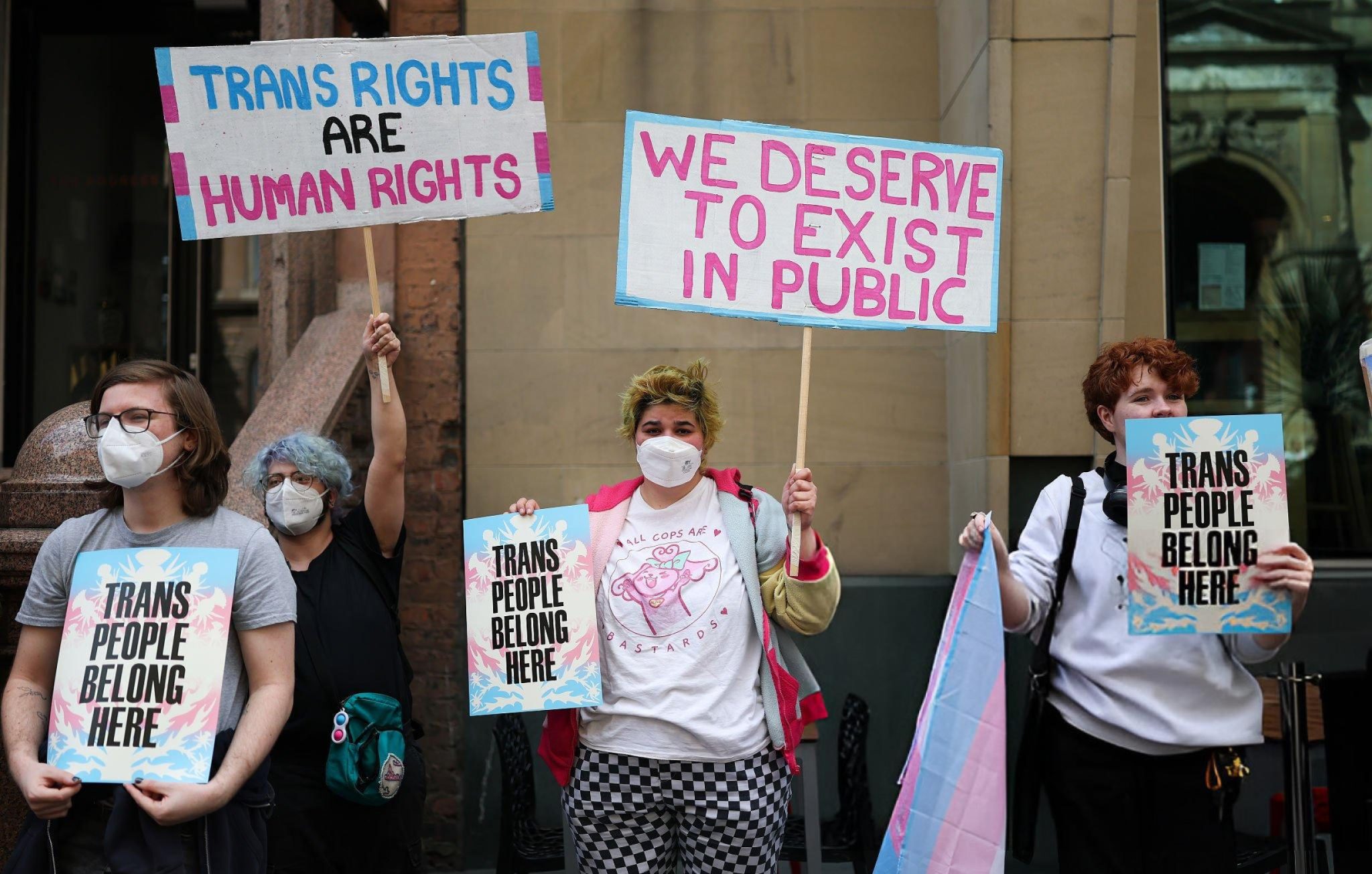Glasgow pride bans political parties over ‘mounting challenges’ to trans rights
One of Scotland’s largest LGBTQIA+ celebrations, glasgow pride, has announced it will ban political parties from participating in this year’s march, in response to what organisers describe as growing threats to transgender rights. The move, revealed on Tuesday, echoes similar decisions taken by other Pride events across the UK, as tensions rise following a controversial ruling by the UK Supreme Court regarding the definition of sex under the Equality Act.
In its statement, glasgow pride declared that while individual politicians are welcome to attend the march, they must do so purely in a personal capacity, as elected representatives of their communities. No political party will be granted an official platform, nor will party representatives be permitted to speak during the event.
“Glasgow’s Pride stands alongside our trans siblings facing mounting challenges to their rights across the UK and worldwide,” the statement read. “Our resolve is clear: to safeguard progress and prevent its reversal. The dignity, safety and humanity of the trans community are fundamental rights – not points for debate, delay or denial.”
Organisers cited the recent UK Supreme court judgment, which ruled that the term ‘sex’ in the Equality Act refers specifically to biological sex, as a catalyst for the decision. Activists have voiced fears that this interpretation could erode protections for transgender people, particularly in access to public services, healthcare, and safe spaces.
In response, glasgow pride called on political leaders to move beyond “symbolism” and commit to concrete policies, including ensuring timely and dignified access to gender-affirming care, enforcing full protections for trans people under the Equality Act, and adopting a gender recognition process in line with legislation passed by the Scottish Parliament in 2022 – legislation that was subsequently blocked by the UK Government.
“These achievable goals represent our baseline expectations for genuine support and authentic representation of all community members,” the statement continued. “This decision invites elected representatives of all political parties and decision makers to fulfil their responsibility to constituents by moving beyond symbolism to substantive action by adequately protecting these rights.”
Organisers stressed that Pride remains a protest movement dedicated to LGBTQIA+ rights, not a stage for political posturing or “clout-chasing”. They emphasised that such rights should be universally protected, regardless of sex, gender identity, or sexual orientation, and that it is the duty of elected officials to legislate accordingly.
Scottish greens co-leader Patrick Harvie, who has long been open about his bisexuality, expressed disappointment at the decision, but placed the blame squarely on the conduct of other political parties. Harvie said that, as someone who has been out since before his first election, he feels ashamed of how political discourse in the UK has failed the LGBTQIA+ community.
“I am of course disappointed at this decision, but the betrayal of our human rights by most political parties is the cause of this horrendous situation, and I fully respect the right of Pride organisers to make this decision,” Harvie said in a statement.
“Greens have stood solid against the current wave of prejudice, and will continue to do so. But it is now abundantly clear that the community has lost trust in political parties more broadly, and I urge those in leadership positions across the spectrum, and members of all parties who do support LGBTQ+ people’s human rights, to put their house in order.”
Harvie also reflected on the severity of the situation, comparing it to the political attacks on LGBTQ+ people during the 1980s and 1990s. “Even at the lowest point of the political weaponisation of homophobia in the 80s and 90s, pride events never felt the need to take this step. But even in those worst of times, the government wasn’t actually imposing segregation of public spaces as is happening now to trans people. The culture war against us needs to end.”
Glasgow Pride is set to take place later this year, with organisers reaffirming their commitment to create a safe, inclusive, and unapologetically political space for the LGBTQIA+ community.






